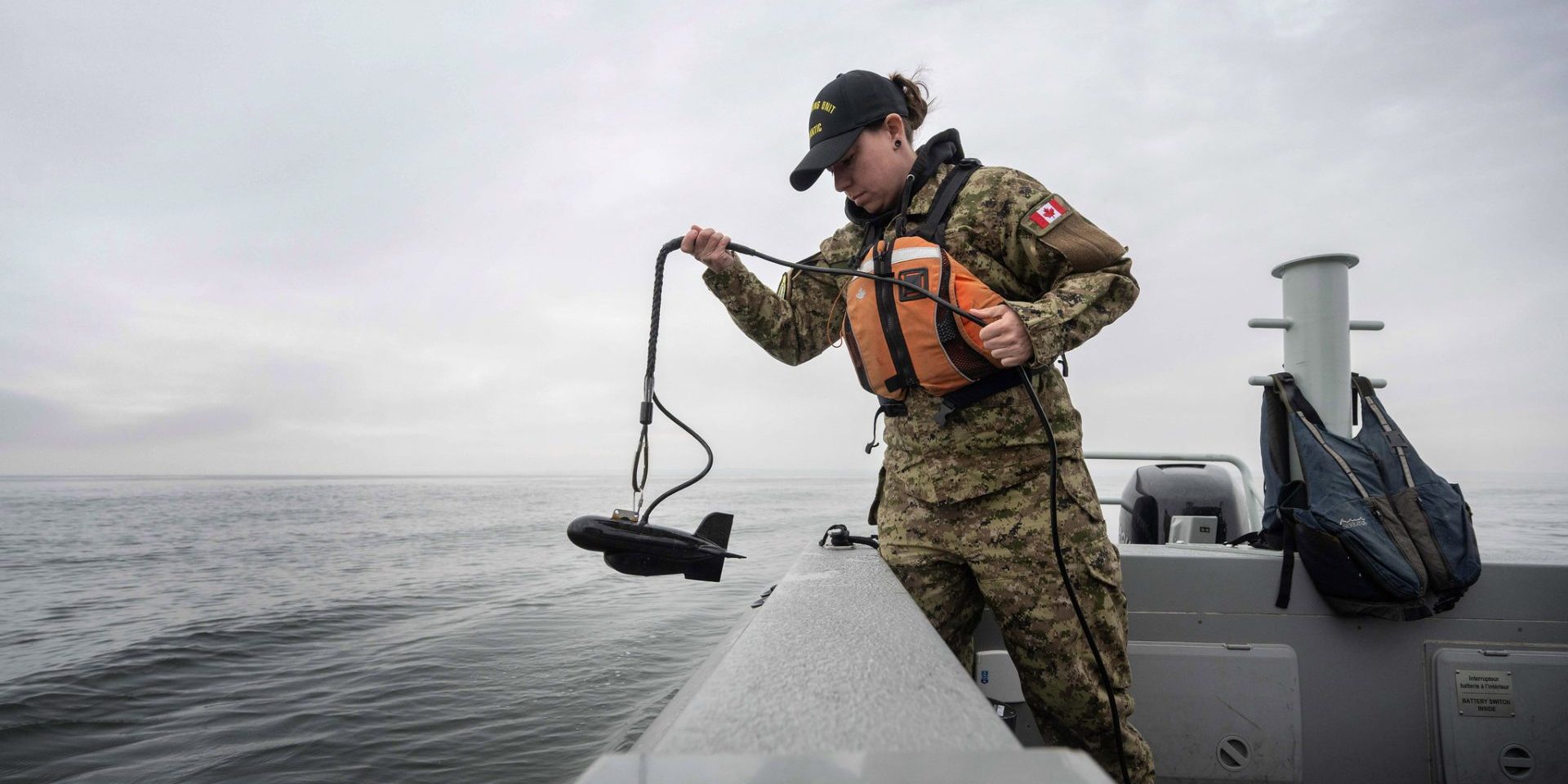National defence is a key component of the economic strategy

When the prime minister talks about turning 13 provincial and territorial economies into one national economy, he’s right—but optimistic. When he urges Canadian companies to look beyond the United States for trade, he’s right—but optimistic. When he pledges to meet NATO’s two-per-cent GDP defence spending target, he’s right—but very optimistic.
These are not new ideas. Interprovincial trade barriers, economic diversification, and underwhelming defence spending have been discussed for years. Everyone knows these problems need solving. What’s been missing is the political will to act.
Ironically, it took U.S. President Donald Trump to make this conversation urgent. By floating the “51st state” idea, he crudely challenged the very concept of Canadian sovereignty. And he’s not wrong to do so.

Our consistent failure to meet NATO’s defence expectations isn’t just a budgetary oversight—it calls into question our capacity to defend ourselves. Our vulnerability to U.S. tariffs exposes deep economic dependencies. A nation that can’t protect its economy, and can’t defend its territory isn’t truly sovereign. Canadians have known this for years—and elected governments have chosen to ignore it.
Now is the time to reframe the debate. National defence and economic sovereignty are inextricably linked, and we must begin treating them as such.
Here’s how Canada can do that:
1. Make defence a pillar of economic sovereignty
Defence isn’t just about protecting borders; it drives innovation, creates high-value jobs, and strengthens our ability to retain advanced technologies. A strong defence sector is a long-term economic development strategy.
2. Reform defence procurement
Canada’s procurement system is slow, opaque, and politically paralyzed. It must be modernized to be faster, more transparent, and strategically focused. Delays in acquiring basic capabilities hurt both our military and our economy.
3. Strengthen domestic defence manufacturing
Canada must reduce its reliance on foreign suppliers. A resilient, innovative domestic defence industry—fuelled by research and development, workforce development, and public-private partnerships—enhances sovereignty and stimulates growth.
4. Prioritize cyber defence
Cybersecurity is now as vital as physical defence. We must invest in protecting digital infrastructure, democratic institutions, and critical systems. A robust cyber industry is key to safeguarding Canada’s autonomy.
5. Modernize the Canadian Armed Forces (CAF) for strategic autonomy
Our military must evolve. That means embracing next-generation technologies, overhauling logistics, and preparing for new kinds of conflict. Sovereignty means having the ability to act in our own interest—without waiting for permission or assistance.
6. Collaborate with allies—on our terms
We must engage with NATO, NORAD, and others—but to strengthen our capabilities, not outsource them. Joint initiatives in missile defence, Arctic patrols, and cybersecurity are critical if they enhance our self-reliance.
7. Secure borders and maritime approaches
Canada’s size is a strategic challenge. We need modern air and naval assets, remote surveillance, and unmanned systems to ensure control over our coasts and land borders—especially as global tensions rise.
8. Assert Arctic sovereignty
The Arctic is no longer remote. With melting sea ice and rising geopolitical interest, Canada must build up its military presence, infrastructure, and surveillance capabilities in the region. Arctic sovereignty is non-negotiable.
9. Foster Indigenous participation in defence
Indigenous knowledge and leadership are strategic assets—especially in the North. Supporting Indigenous recruitment and leadership in the CAF is both a moral imperative and a practical necessity.
10. Address climate as a security threat
Climate change is a direct threat to Canada’s stability. The CAF must be ready to respond to climate-driven emergencies and defend critical resources. Environmental resilience must be built into national defence planning.
The bottom line
Canadians have long understood what needs to be done. What we’ve lacked is urgency. If we truly value our sovereignty, we must stop treating defence spending as a reluctant obligation and start treating it as an investment in national strength—economic, technological, and territorial.
The time for polite optimism is over. The time for action is now.
John McKay is a senior associate with David Pratt & Associates. He previously served as the Liberal MP for Scarborough–Guildwood, Ont., and is a former chair of the House Standing Committee on National Defence.
The Hill Times





 LICENSING
LICENSING PODCAST
PODCAST ALERTS
ALERTS


